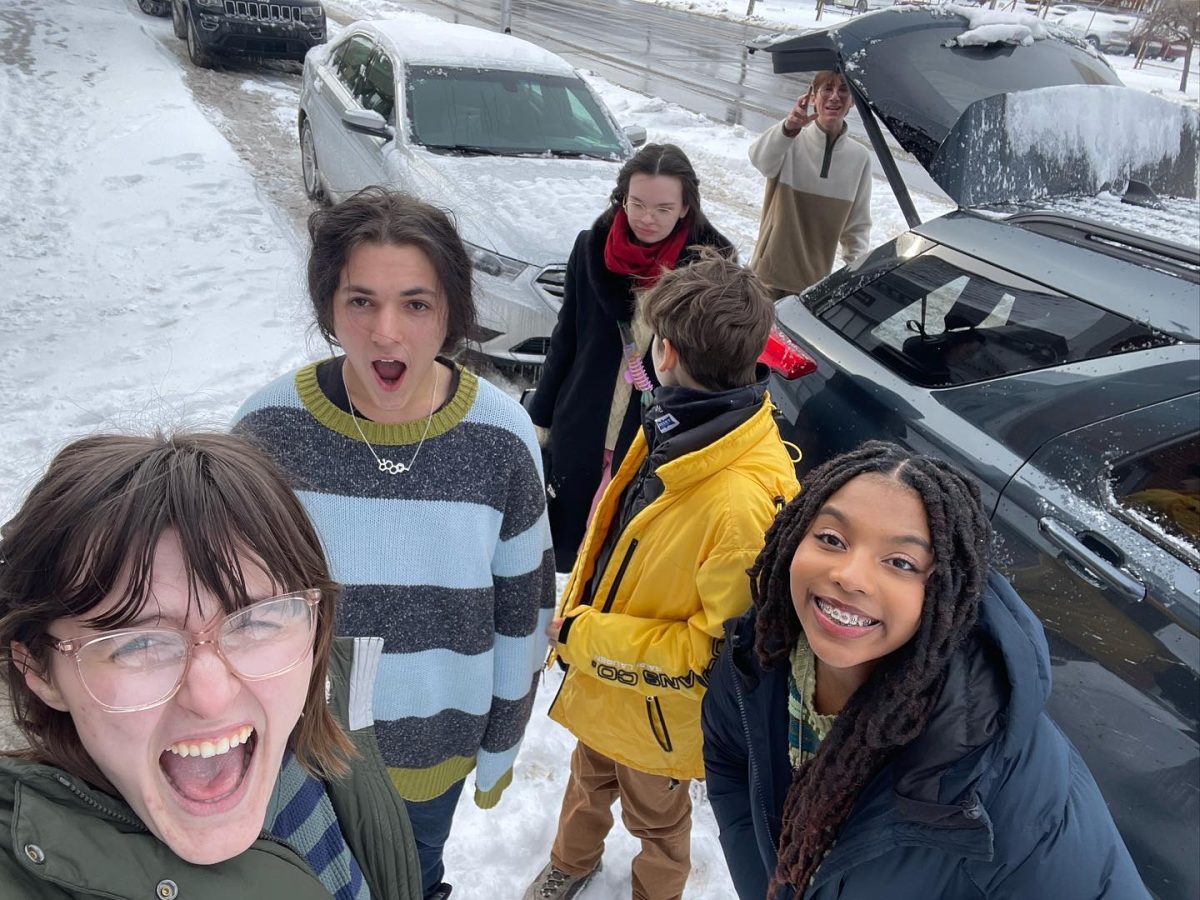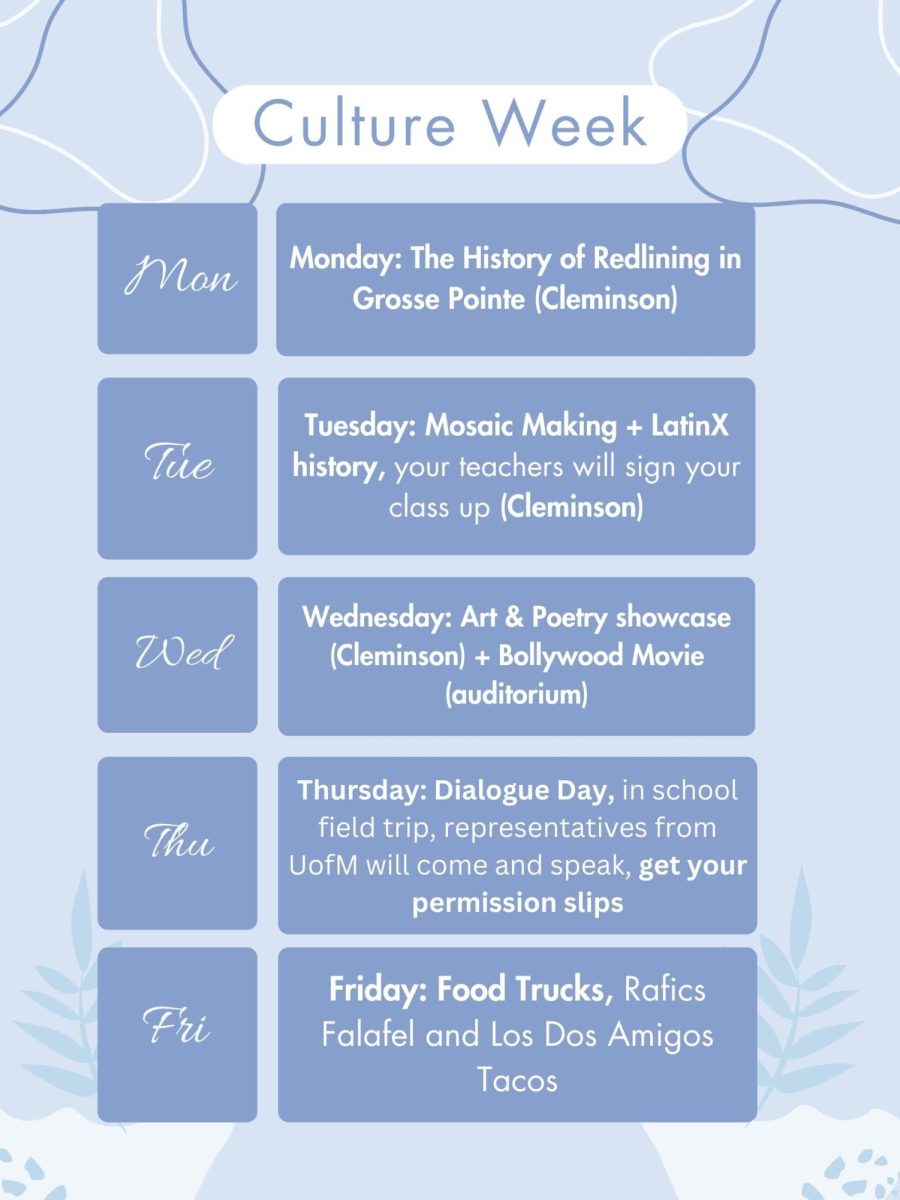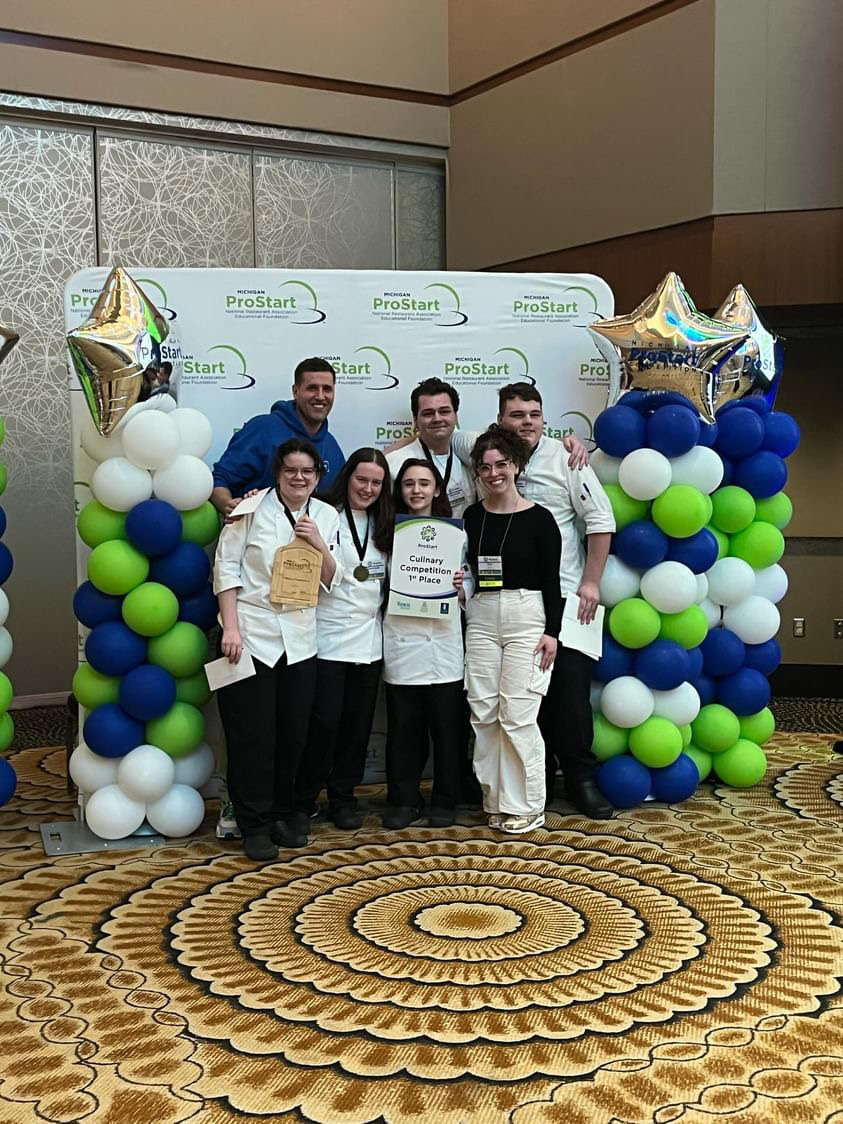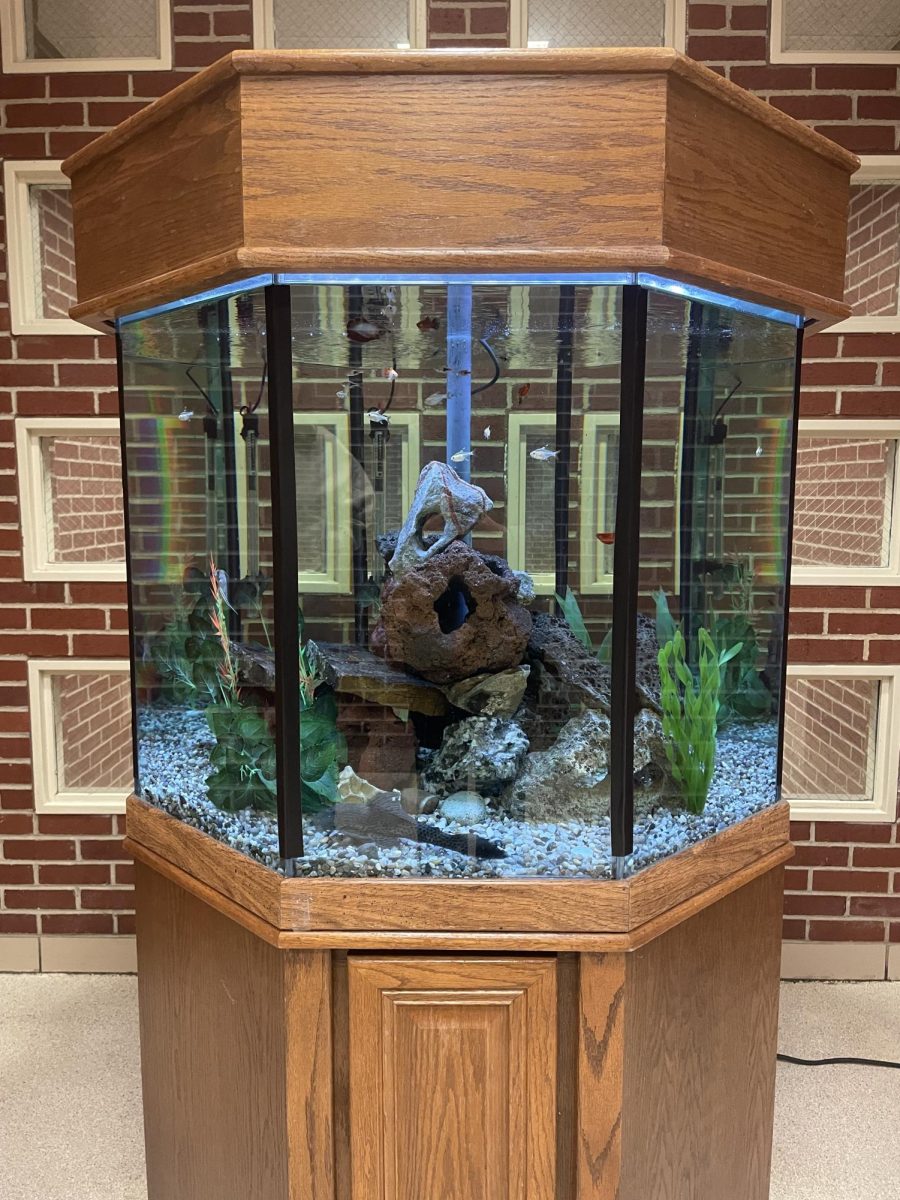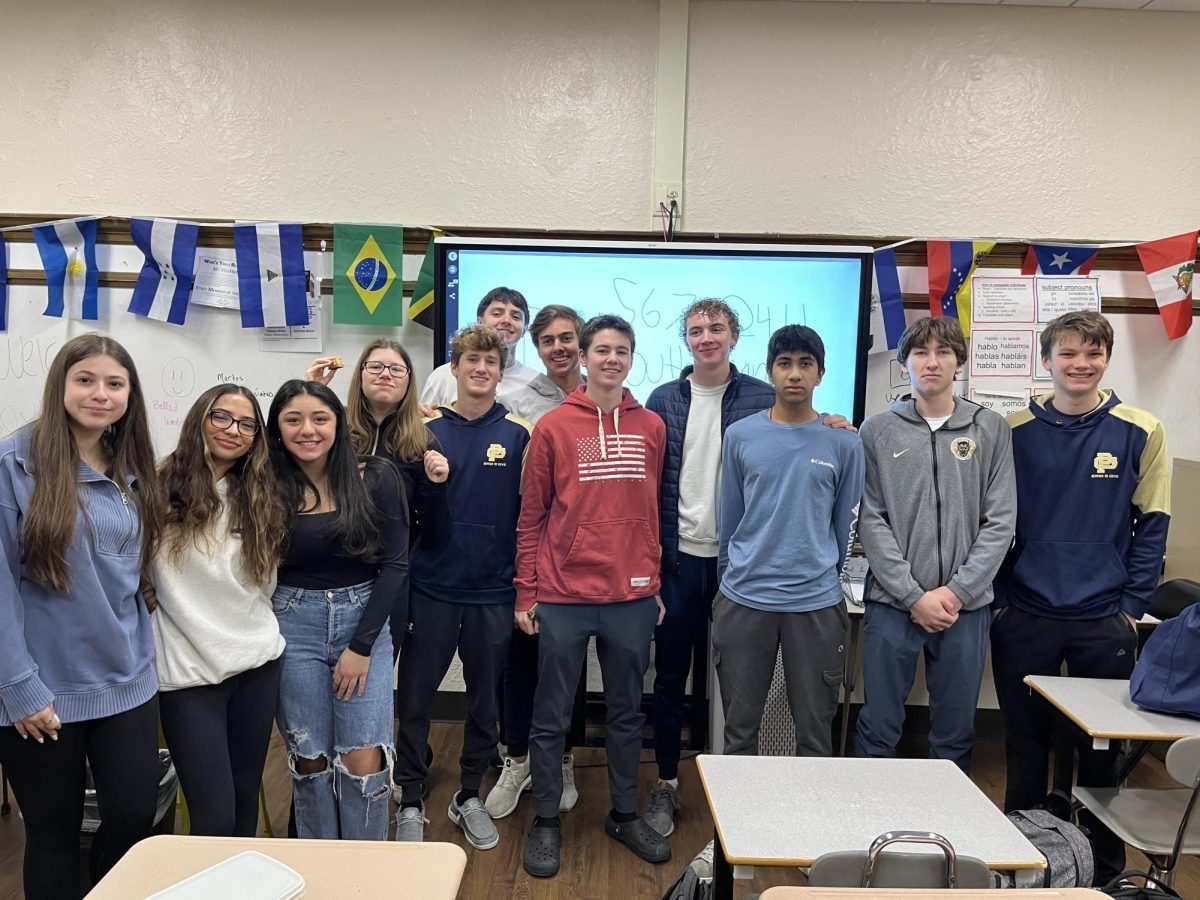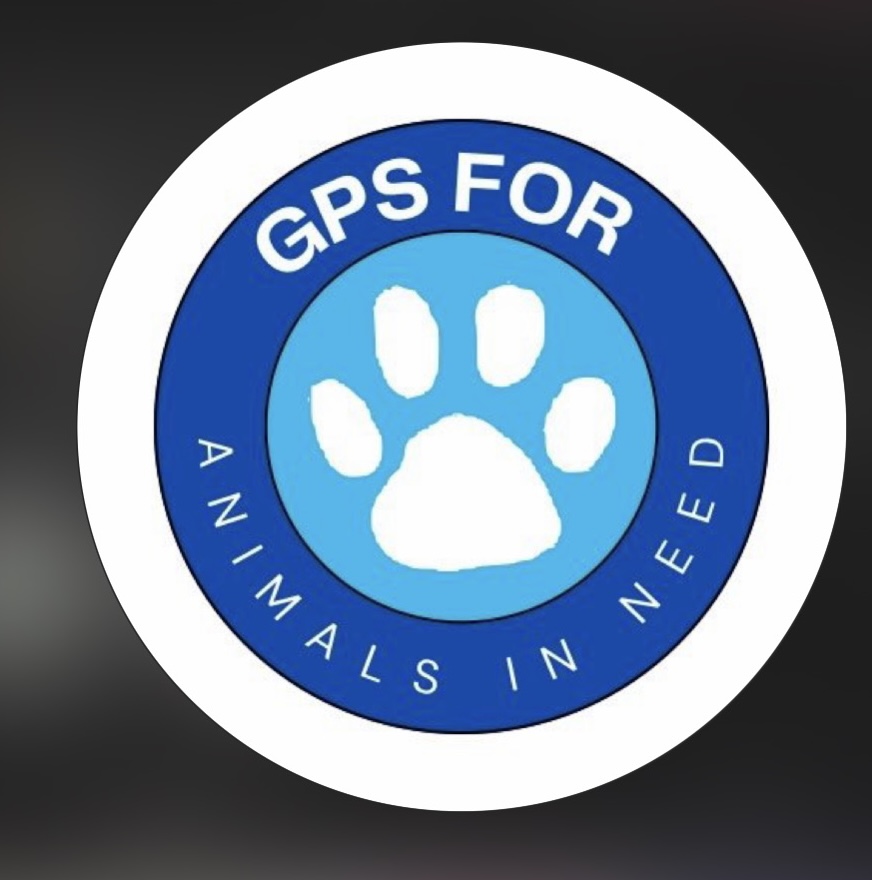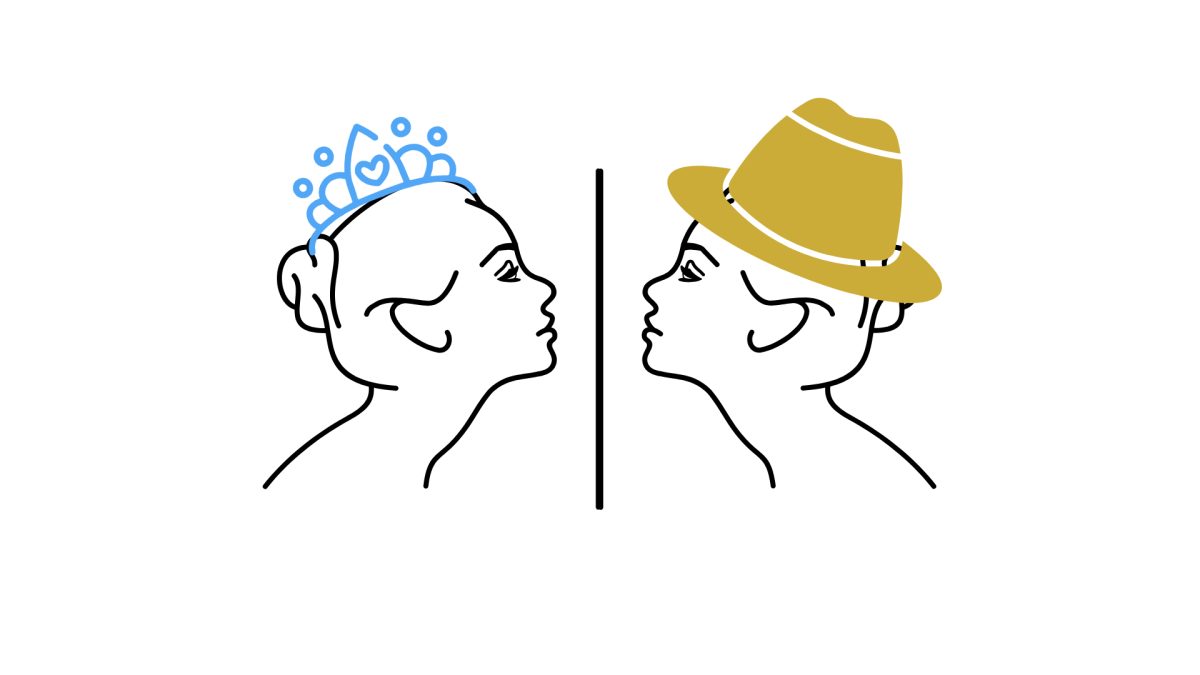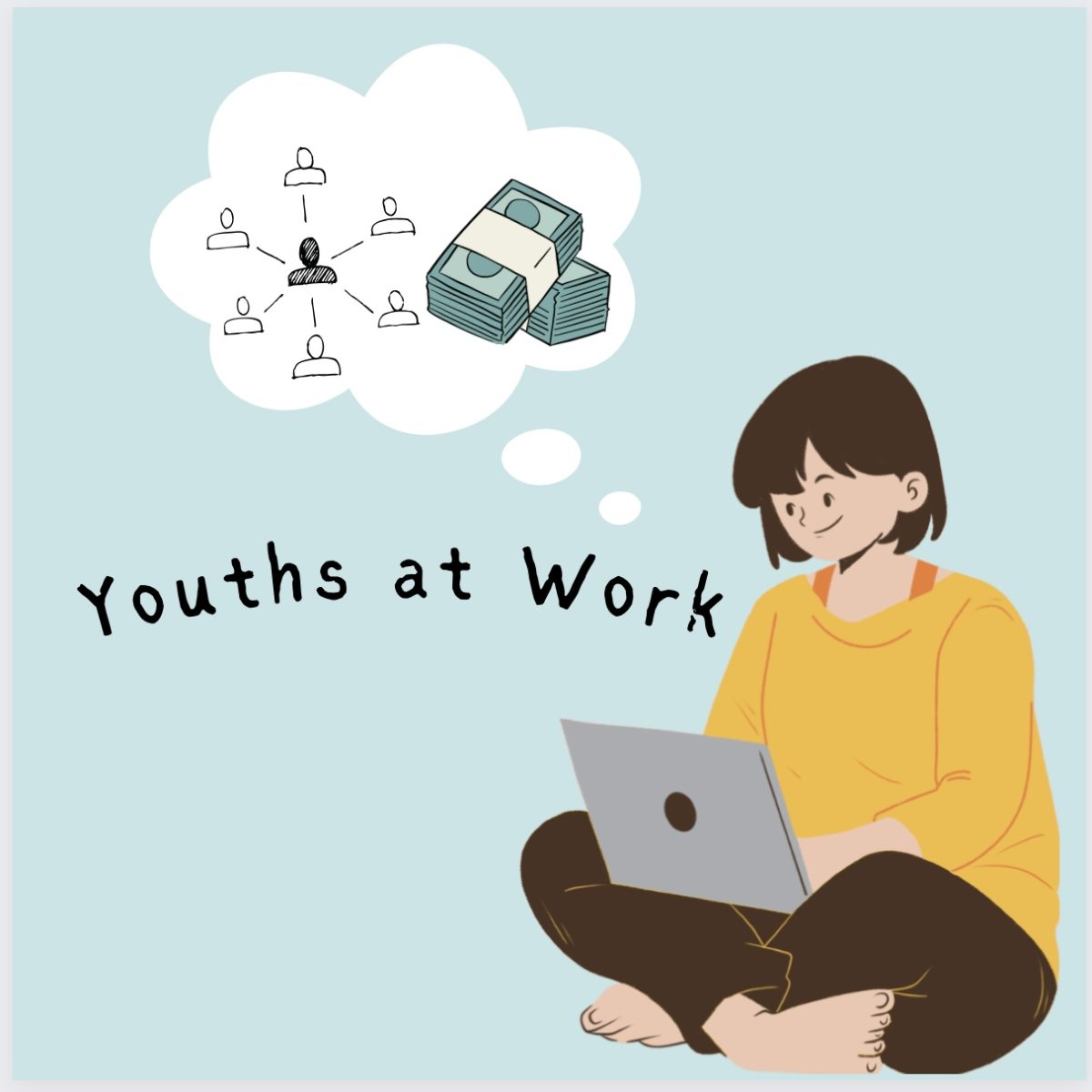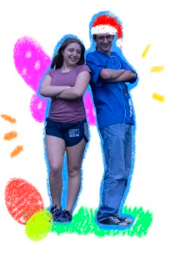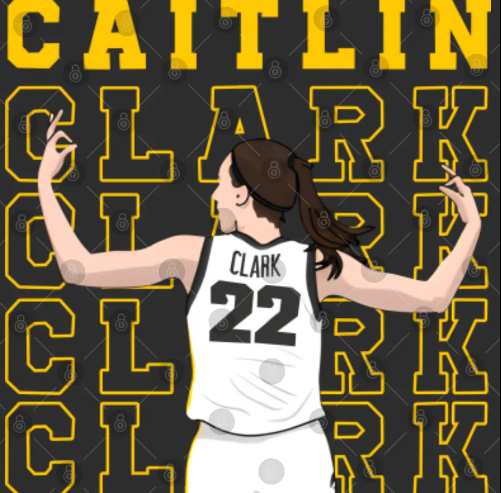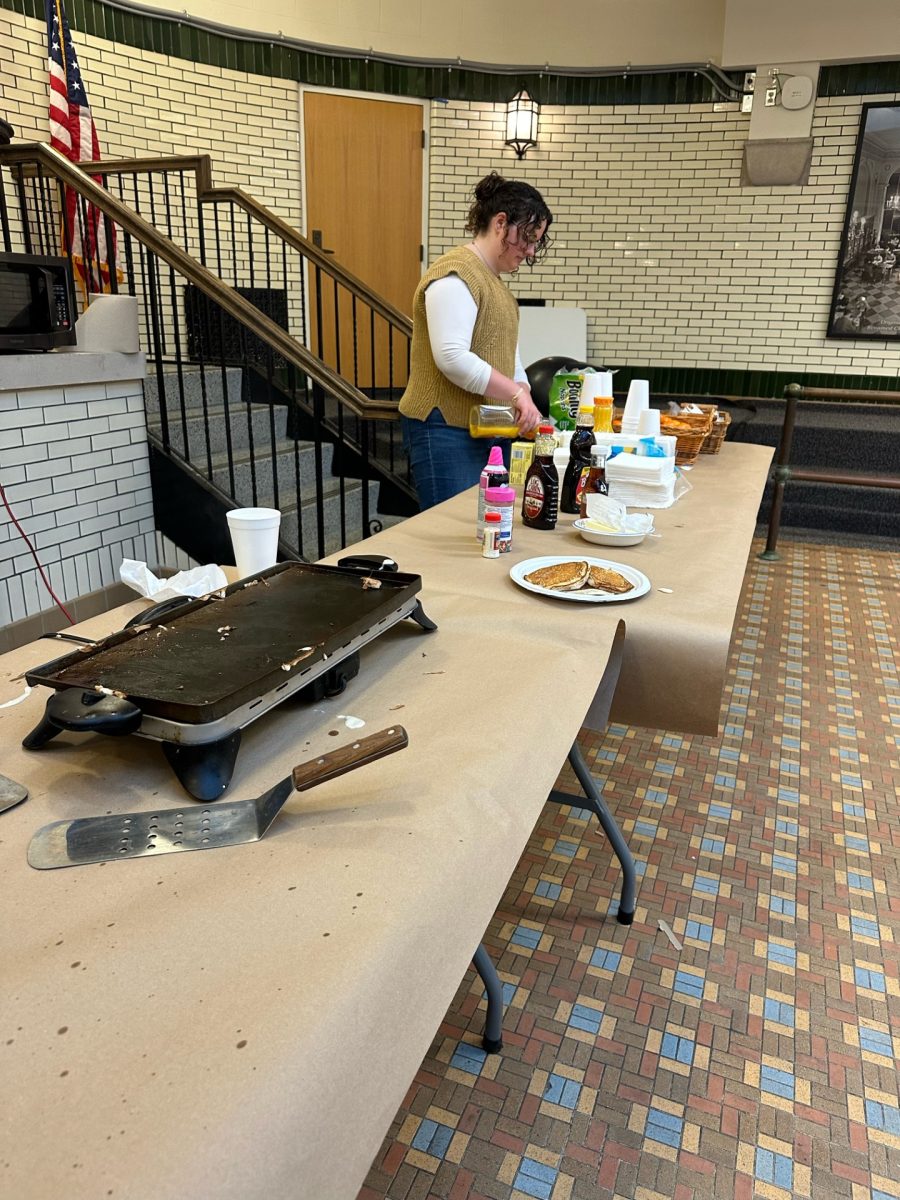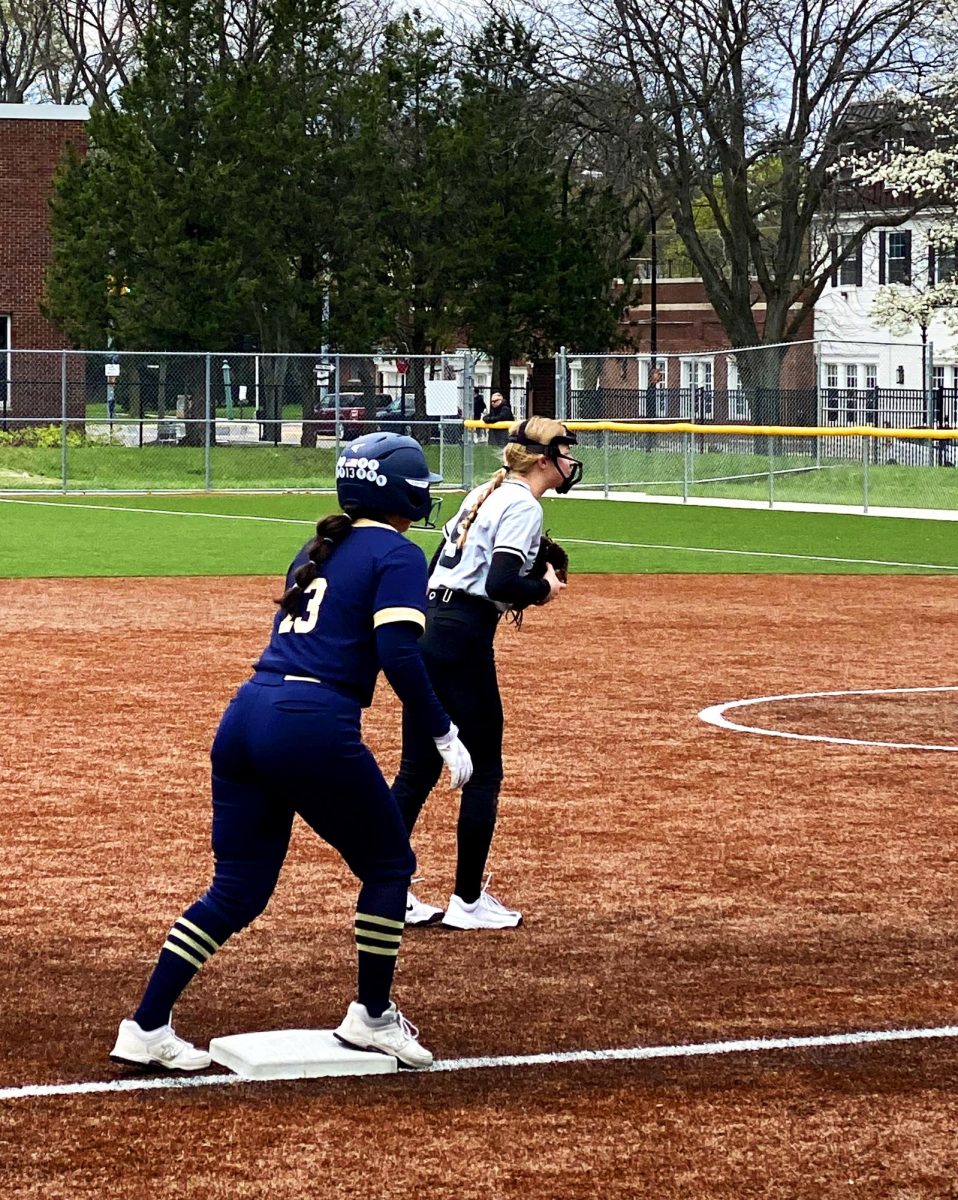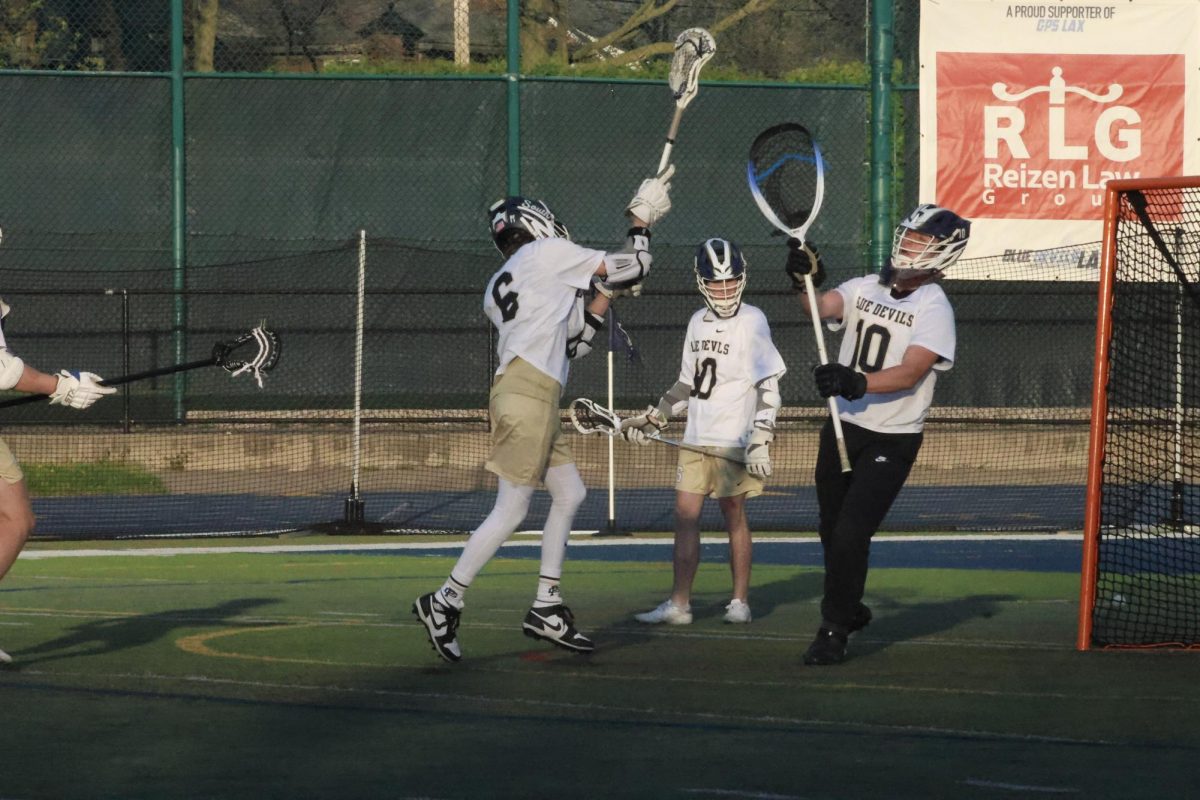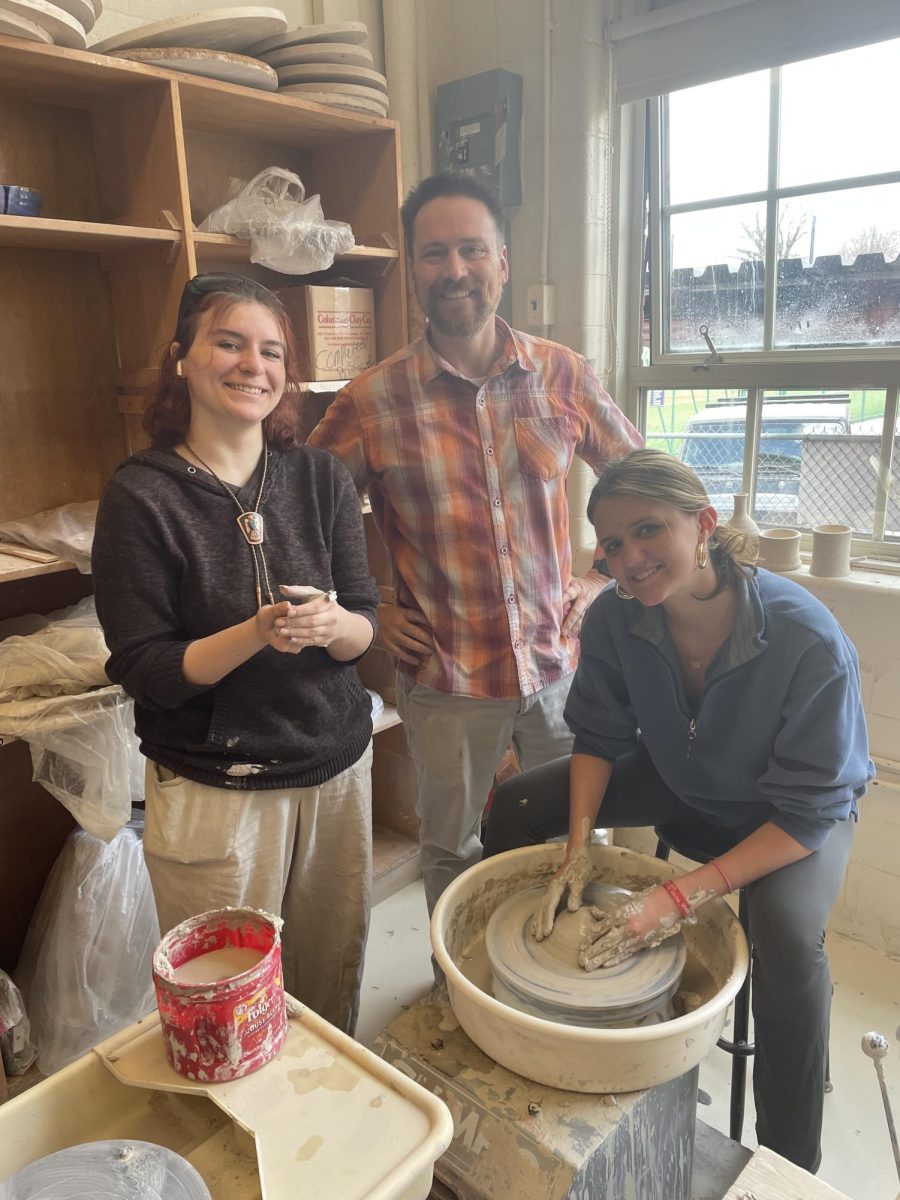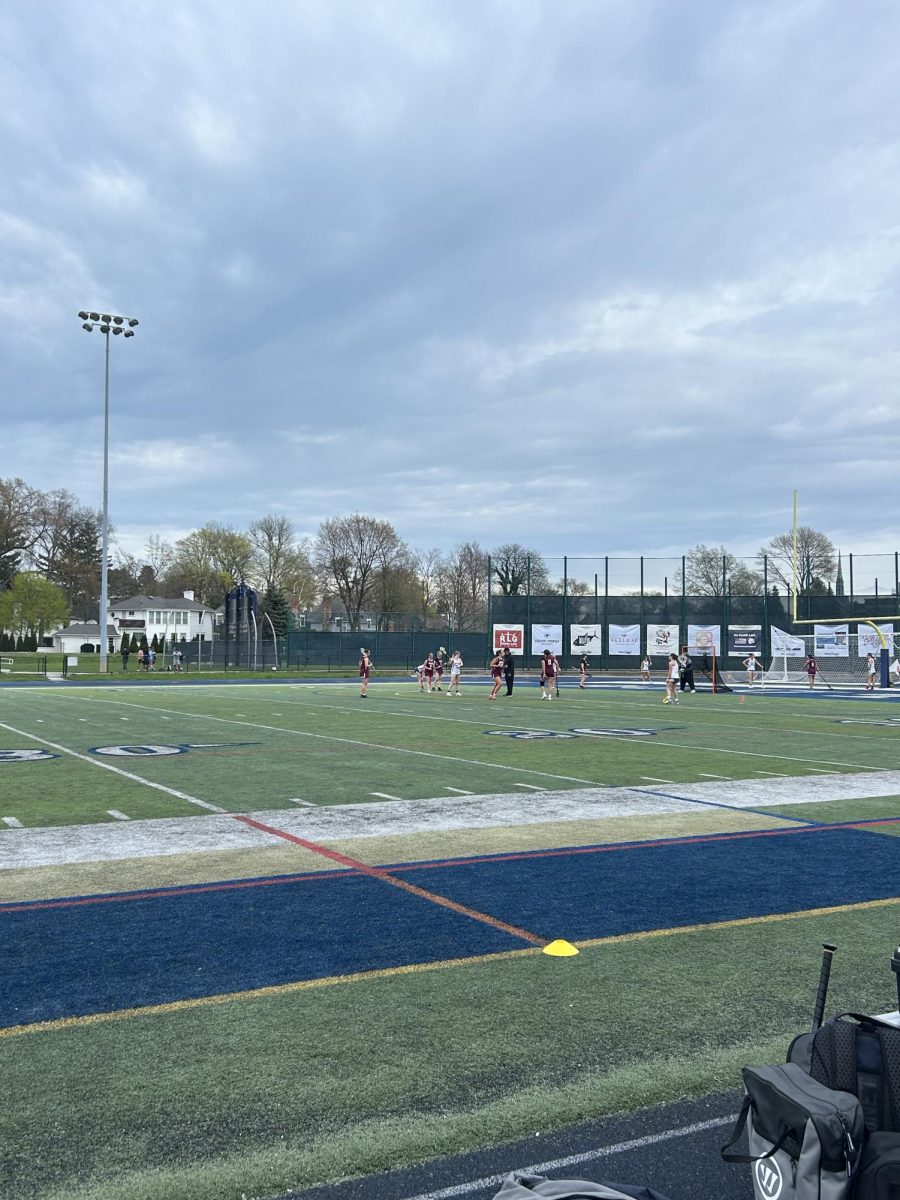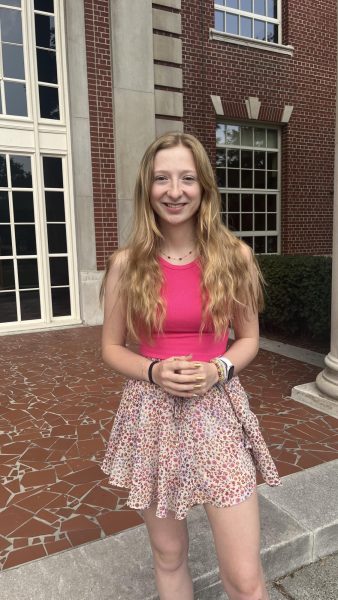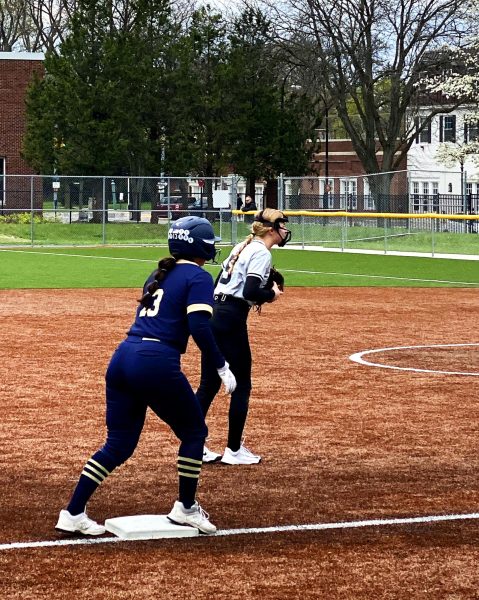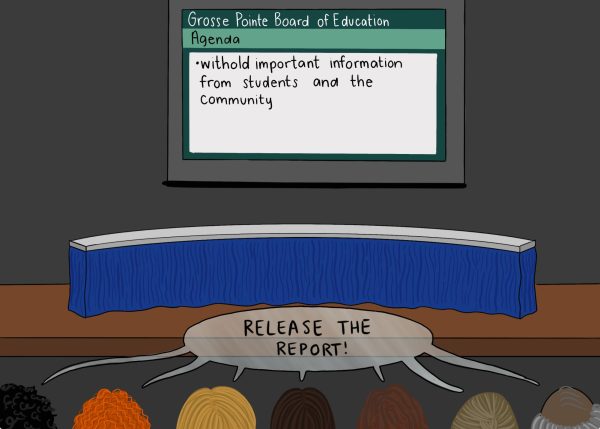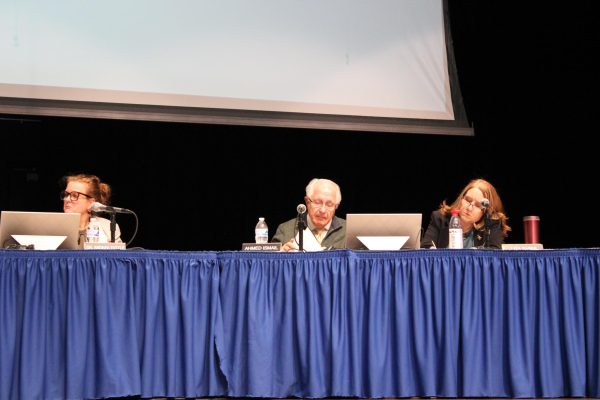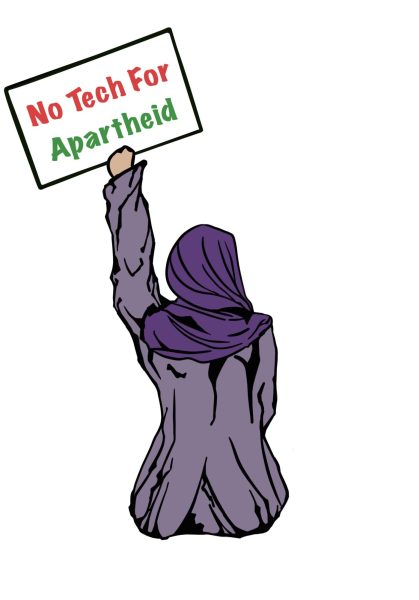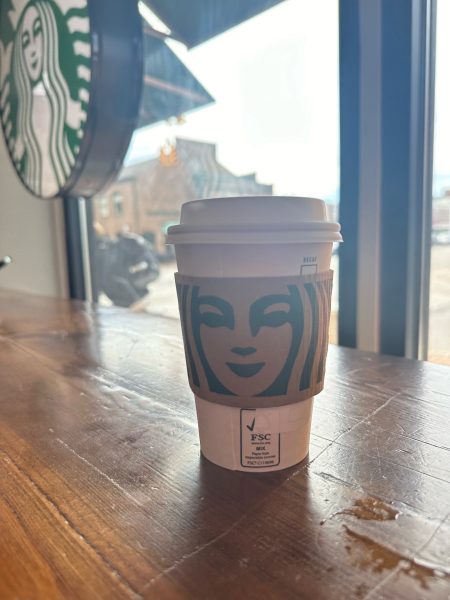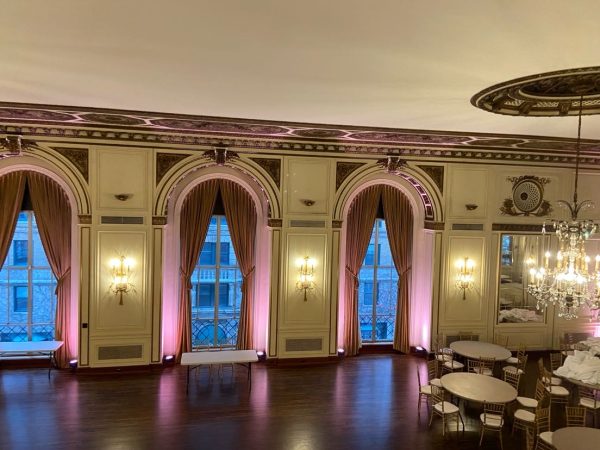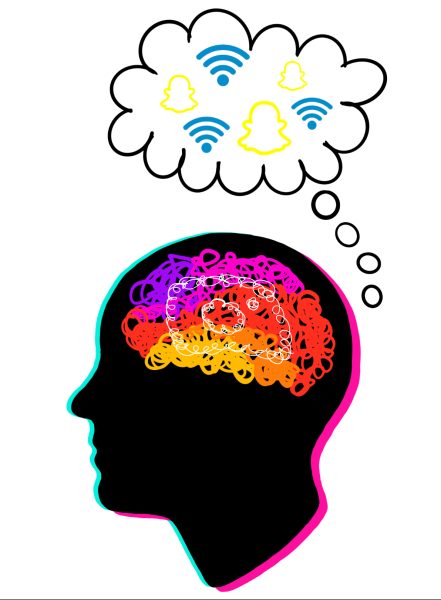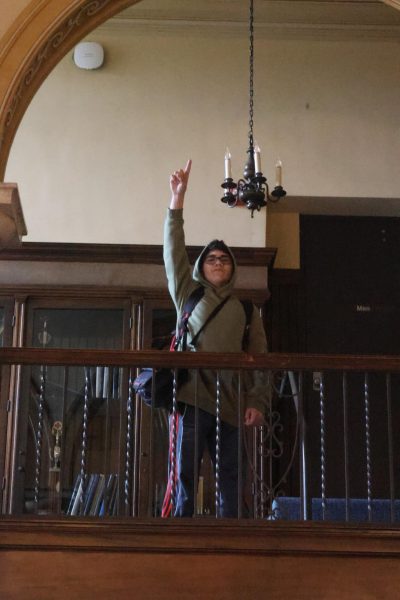CAUTION: True crime’s gripping hold on society
How Horror has Changed American Culture
October 26, 2021

Lately, a fascination everyone seems to share is true crime. Whether it started throughout the global pandemic or has sparked interest for as long as someone can remember, there is no denying that the interest in dark cases and spooky stories has peaked.
It almost seems like a new Netflix Original documentary comes out every day highlighting a new felony and all the corrupt details. Documentaries like the Ted Bundy Tapes, American Murder: the Family Next Door, Forensic Files, and many more continuously seem to be fan-favorites across the country.
In the past year, old classics like Criminal Minds and Making A Murderer briefly skyrocketed into the top ten on Netflix, followed by shows like Dexter that go into detail about murder cases. People all around the world are finding entertainment in murderous stories. But who is watching, and why is there such a large fascination with such violent topics?
For Charlie Joy ’22, their fascination with true crime started at a young age. Starting with horror movies, Joy found they have a particular interest in anything creepy, eerie, or gruesome.
“I really like psychological horror films and unsolved cases because they really make you think,” Joy said. “When a case can go in so many different directions and doesn’t have a very clear path, I like to come up with my own speculations of how it will turn out.”
True crime can be engraved in the brains of its fans from a young age. Joy said they’ve had a fascination with brutal and gory cases even in their youth. The blinding light of true crime shows and watching horror movies with their family in the dark has helped to shape them as a person.
“I’ve been into true crime for as long as I can remember,” Joy said. “As soon as I got an iPod, I would watch a YouTube channel that would just talk about whatever’s going on in the true crime world, like ‘What little girls were found in closets today?’”
Although these cases can be very intriguing for some people, for others the details many shows include about crimes are all too real to find entertainment in the series. In Jack Vethacke’s ’23 opinion, any kind of true crime involving murder is too unsettling.
“I love documentaries, but when it comes to murder cases, I just can’t stomach it,” Vethacke said. “Obviously all crimes are bad, but there’s a big difference between robbery and murder, so in cases where victims are being taken advantage of or exploited for amusement, it just feels wrong.”
“I really like psychological horror films and unsolved cases because they really make you think,” Joy said. “When a case can go in so many different directions and doesn’t have a very clear path, I like to come up with my own speculations of how it will turn out.”
— Charlie Joy '22
Amanda Vicary is a social psychologist and professor at Illinois Wesleyan University who studies the social psychology behind crime. She often finds that people with an interest in true crime will typically gravitate towards cases where the victim is the same gender as them. Vethacke related his negative opinions of true crime shows back to this.
“I think the reason I have trouble with true crime is because usually the victims are women, and the murderer is a man, so the only person that I can really put myself into the shoes of is the killer,” Vethacke said. “And obviously I don’t like thinking of myself as a murderer.”
According to Vicary, the desire to understand how someone becomes a victim and to learn techniques to avoid and survive violent crimes is what typically draws women to true crime. Cases where women are victims are typically highlighted by the media because of this. According to Joy, the inequality of true crime reporting is something that the community of self-proclaimed true crime “junkies” are working to fix.
“It’s important to notice that thousands of people go missing every day, and it’s really hard to keep track of every single person and every single case, but it’s so disappointing that we tend to only focus on young white women,” Joy said. “It really breaks my heart.”
Particularly on TikTok, true crime enthusiasts are building themselves platforms by telling the stories of missing people, mysterious murders and puzzling crimes. Many peoples’ “For-You Pages” overflow with story after story of these true crime tales, offering the creators substantial platforms full of curious teenagers eager to learn more about these perplexing cases. Popular true crime TikToker Wendy Manjarrez has amassed over four million followers by telling stories of true crime. Through this, she has interacted with her fans enough to see why they are so intrigued by these subjects.
“It’s such a dark concept, so there’s so much mystery to it,” Manjarrez said. “It just brings them in.”
While it’s easy to focus on the negatives of these dark cases, Manjarrez said studying them has given her a new outlook on all of the horrific crimes she sees. She said that uploading these videos to a large platform like TikTok gives the huge audience the chance to reflect on themselves and the world they live in to make it a better place.
“It shows how society has flaws and how people can learn from a person’s case to help it (society) improve,” Manjarrez said.
With these platforms comes great responsibility, allowing the creators opportunities to spread the word about various cases that have impacted followers. Liz Cooper, another admired true crime TikToker, said she has received plenty of DMs from followers asking for assistance in bringing people home.
“I had so many people reach out to me that had families that were going through particular cases, going through things like someone who was wrongly imprisoned, or someone who was murdered, and I’ve been able to work directly with families to put together videos for them,” Cooper said. “It’s been very incredible.”
Cooper’s method has proven to be an extremely effective way to increase the discussion about these cases. According to Cooper, giving these somewhat small cases a platform and an opportunity to be talked about that they wouldn’t usually get is incredibly important. Cooper said when more people talk about certain topics, more people are likely to take interest and do their part to help.
“Having this platform, you’re able to create social pressure, which is what we’ve seen lately with some cases,” Cooper said. “Sometimes that’s all you can do: get people talking about it.”
In the true crime community, Cooper said it is important to fans that the lives of victims are recognized and the killers are not glorified by the media they produce. She recognizes the importance of the videos she and other true crime accounts post and the implications they can have on the cases as well as the good that can come from her audience’s interactions with her TikToks.
“It’s really important if you believe in something, or if you see a social injustice, to go out of your way,” Cooper said. “I don’t think it matters how small of a platform you have to share something, it doesn’t take a lot to share something.”


